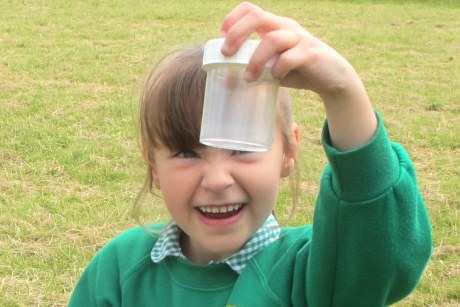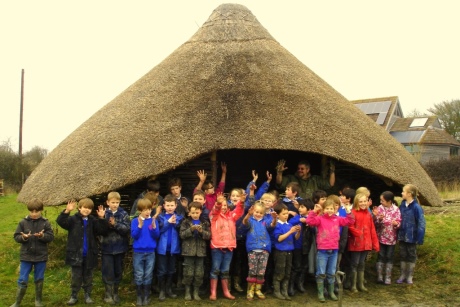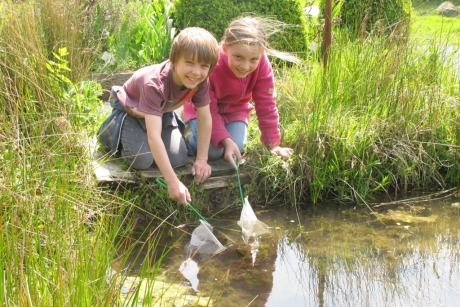
While a landfill site might not be the most conventional of destinations for a school trip, don’t bin it off too quickly. Rachel Bailey reports on what students can learn at Carymoor in Somerset.
Carymoor Environmental Education Centre has been providing environmental education since 1996, and has been a holder of the Learning Outside the Classroom Quality Badge since 2012.
The centre is located next to a working landfill site, and its location means that the Carymoor education team can provide a number of learning experiences, from discovering how waste is managed to how to recycle.
As well as having a close proximity to the landfill, Carymoor Environmental Education Centre boasts a nature reserve, sensory and wild flower gardens, a replica shanty town, a Celtic roundhouse, a forest school area, and a sustainably built education eco centre.
From Citizenship to History
Carymoor’s facilities are open to Early Years, Primary and Secondary school groups, and link to National Curriculum subjects like Citizenship, History, Geography and Science.
A variety of topics can be focused on, including materials, sustainability, renewable energy, habitats, Celtic life and natural crafts. The Anglo Saxons, Vikings, World War Two, natural disasters and fossils are other topics that are also available to study.
Rupert Farthing, the chief executive for the Carymoor Environmental Trust, said: “We aim to encourage an active, healthy and environmentally sustainable lifestyle, and to support children and young people to learn beyond the classroom.
“We offer a large range of hands-on educational activities at Carymoor, like Wild Days Out for Early Years and Key Stages 1 and 2. We use our extensive range of habitats and wildlife to give children a wild time and help them gain a deeper understanding of the natural world.”
Educational workshops
The interactive educational sessions Farthing mentions use a variety of activities such as games, trails, crafts, and guided exploration.
In Science, for example, these activities can be linked to themes such as habitats, adaptation, food-chains, camouflage, senses, plant lifecycles, tracks and signs.
Teachers can choose from a number of workshops, including A Day at the Dump, Eco Pirates, Slumming it! Global Citizens Day, Natural Disaster Days and Hand on History Days.
A Day at the Dump, for example, is suitable for Key Stages 1 and 2, and sees pupils investigating the fate of materials at a working landfill site. The session also focuses on the issue of waste management and the benefits of the three Rs (reduce, reuse and recycle).
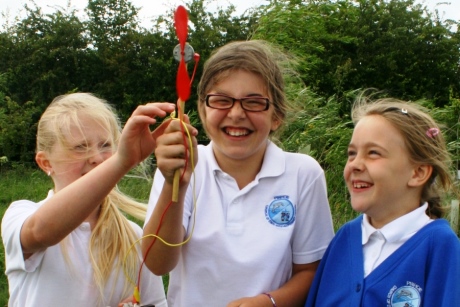
Key Stage 2 Slumming it! Global Citizens Days, meanwhile, links to Citizenship. The class will become residents of Carymoor’s shanty town for a day and find out what life is like surrounded by rubbish.
They’ll be encouraged to work out how to find shelter, source clean water and stay healthy in Kroo Bay, Sierra Leone. The class will then compare this environment to that in a typical home in England.
Also suitable for Key Stage 2 are Natural Disaster Days. From the moment students arrive they will experience the emotions and reality of being a victim of a natural disaster.
This day encourages students to think about their needs and priorities in a disaster situation, to work as a team and experience briefly what life is like in other parts of the world.
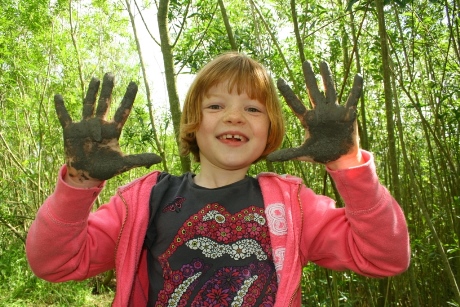
How to make a booking
School groups of up to 80 children at a time can be catered for at Carymoor.
School travel organisers can visit the Carymoor website for further details including activity options, session plans, risk assessments and charges.
To discuss requirements, check availability and make a booking, teachers can call 01963-351350 or e-mail education@carymoor.org.uk.
For further information visit www.carymoor.org.uk/education.





